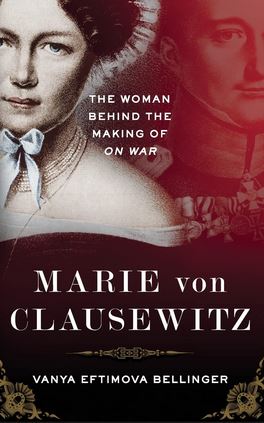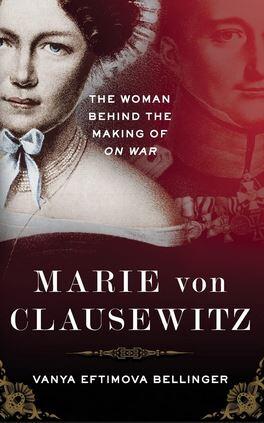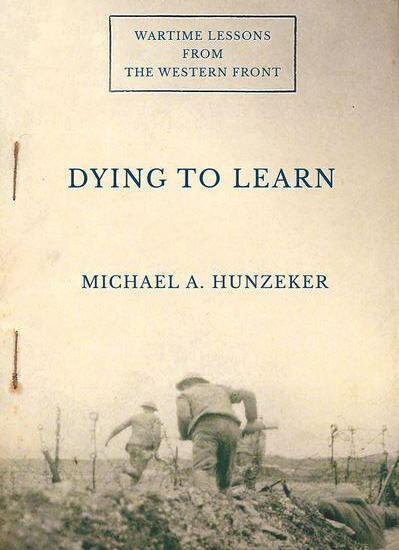The Woman Behind the Making of On War
Vanya Eftimova Bellinger, (Oxford, 2016). pp. 312.

amazon.com
The ancient adage that states that “behind every great man lies a great woman” may find its epitome in the case of Carl Von Clausewitz and his beloved wife, Marie. Thanks to Vanya Eftimova Bellinger, we now have a fuller understanding of the role Marie played in the life and the work of the man who has been credited with the creation of history’s most significant work on military thought.
Based on detailed and diligent archival research, Bellinger weaves a story of two strong individuals united by a shared intellectual prowess. She does this at a very human level by discussing the letters that Marie and Carl shared. These letters—historically overlooked—shine a light on the intimate lives of Carl and Marie, which help to humanise Carl, an often cold, distant historical figure to many of us who have struggled through the dry, dense dialectic of On War. Further, these letters bring Marie to life and in doing so, bring historical flesh to a real—and important—person who, unfortunately, often serves as a mere casual mention on one’s way to reading On War. From a human perspective, Bellinger highlights how driven the Clausewitzs’ were to ensure that they would be kind parents who provided for their children (whom they never had). It seems this stems from Carl’s background as the son of a regional civil servant. It serves to remind us that beyond the historical cliché of the Prussian officer, he was a warm human with relatable human emotions and motivations.
In bringing Marie to life, Bellinger seeks to correct a historical injustice—let’s call it what it is—and highlight women’s role in war. To Bellinger’s credit, she achieves this goal admirably. She shows throughout how Carl and Marie—or should that be Marie and Carl(?), given she was his social superior—held a deep intellectual symbiosis, and consequently, Marie was much, much more than an editor; she was instrumental to Carl’s thinking and to bringing his magnum opus to life.
In bringing Marie to life, Bellinger seeks to correct a historical injustice and highlight women’s role in war. To Bellinger’s credit, she achieves this goal admirably.
Beyond the intimacy of the life of the Clausewitzs’, this book excels at illuminating the intricacies of late eighteenth- and early nineteenth-century Prussian life. Due to Marie’s nature as an intellectual and a member of the Prussian aristocracy, we are introduced to the social mores and the political upheavals that struck this benighted kingdom in the wake of the French Revolution. These aspects of the work help to set the context of On War, and, more crucially, they help Bellinger avoid the biographer’s trap. Bellinger comes across as an admirer of Marie, but unlike many other biographers, she does not seem enamoured with her subject. This, in combination with a discussion of the broader context of the era of the Clausewitzs’, serves to make the book incredibly balanced, and of potential interest to either general readers, or those who might not actually be of a military bent.
Dermot Nolan has spent 12 years in the Army Reserve in Ireland, where he served in the Artillery Corps. He holds a master’s degree in Military History and Strategic Studies from the National University of Ireland at Maynooth. In addition, he has a master’s degree in International Relations and International Security from the Rijksuniversiteit Groningen in the Netherlands. His fundamental interests are modern land- and air-power and nuclear deterrence. His work has been published in European Security and by Finabel-The European Army Interoperability Centre. He currently lives in France, where he is working on mastering the language.






